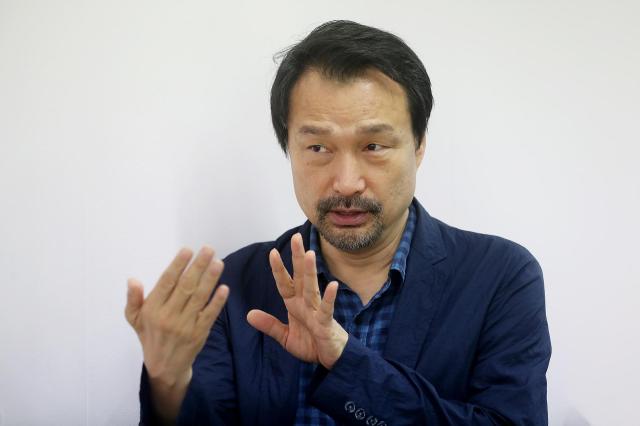
SEOUL, November 28 (AJP) - Romulus Augustulus is known as the last emperor of the Western Roman Empire, deposed in 476 AD by Germanic warrior Odoacer who became the first barbarian king of Italy. Historians do not hold him directly responsible for the empire's fall, as he was a puppet emperor placed by his father.
Responsibility for the fall
Germanic military leader Odoacer rose to power in Rome. His father Edeco was close to Attila the Hun. Odoacer's rise and Romulus's deposition marked a painful yet intriguing chapter for Rome. If Odoacer had Roman lineage, he might have restored Rome, but he pledged allegiance to the Eastern Roman emperor and ruled Italy as king.
The fall of the Western Roman Empire has long been debated. Just as Rome wasn't built in a day, it didn’t collapse overnight. Emperor Valentinian III (reigned 425-455) is often blamed for weakening the empire. He assassinated Flavius Aetius, the "last Roman," who had defeated Attila, leading to chaos and Odoacer's rise.
The concept of "foederati" emerged during Odoacer's time. These were tribes that provided military support to Rome in exchange for land and resources. The practice grew as Romans avoided military service, and Rome struggled with defense costs. The movement of Germanic tribes due to the Huns also contributed to this need.
Comparisons with the U.S.
Is it too much to compare Trump's "America First" mantra with the fall of the Western Roman Empire? Aetius's death ended competent leadership in the Roman army, similar to the perceived decline in U.S. leadership. The U.S. faces internal and external challenges, and Trump's policies reflect a response to these threats. However, like Rome, the U.S. may struggle to overcome these issues alone.
Climate crisis as a greater threat
A declaration on the climate crisis was adopted at the recent Group of 20 (G20) summit in South Africa, despite opposition from the U.S. The declaration emphasized climate change, an issue U.S. President Donald Trump administration frequently downplayed. Trump, who did not attend the summit, later announced that South Africa would not be invited to the next G20 meeting in Florida.
The U.S. also skipped the COP30 climate conference in Brazil, with only three other countries absent. This absence signals a lack of U.S. leadership on climate issues, as the country is a major greenhouse gas emitter. The final agreement at COP30 omitted key fossil fuel reduction language, highlighting political retreat.
ProPublica and The Guardian reported that Trump's policies could lead to 1.3 million additional heat-related deaths globally, mostly in poorer regions. The study was based on projected emissions under Trump's policies.
As the Western Roman Empire fell due to external pressures, the 21st-century climate crisis poses a similar threat. Trump's actions resemble those of Valentinian III, undermining leadership when it's most needed.
If the U.S. decline is inevitable, it may be time to consider a post-empire world. A cooperative approach could offer a constructive path forward, learning from the mistakes of Trump and Valentinian III.
An Chi-yong, the director of the ESG Research Institute and a professor at Ajou University.
* This article, published by Aju Business Daily, was translated by AI.
Copyright ⓒ Aju Press All rights reserved.


